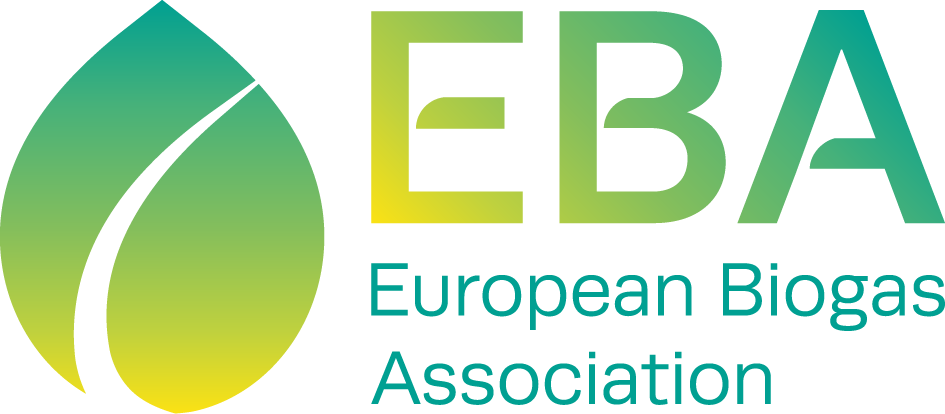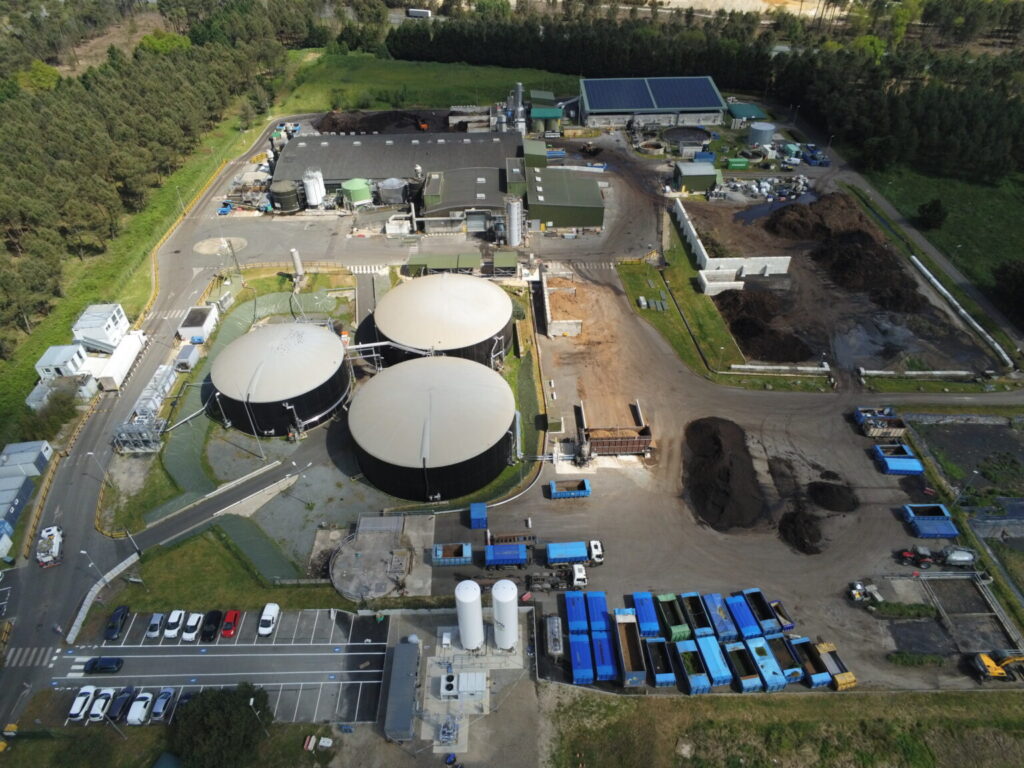Digestate Certification with SUEZ!
26.09.2025Under the EU Fertilising Products Regulation, digestate can be certified and traded across Europe as a fertiliser. In this interview, SUEZ shares insights into the certification process, key challenges, and its relevance for sustainable waste management and agriculture.
What input materials were used to produce your digestate certified under the EU Fertilising Products Regulation (FPR)? If biowaste was included, how did you verify and ensure its separate collection?
Biowaste traceability is ensured at the source through a Waste Identification Sheet (FID), followed by a Commercial Accompanying Document (DAC), which tracks the animal by-product from the producer to its final destination.
Which notified body managed the certification of your product?
Eurofins Certification
Under which product category did you register your digestate? (e.g., solid organic fertiliser, liquid organic fertiliser, organic soil improver, other)
TDA’s solid digestate is certified as a “soil organic amendment.” – TDA (Lands of Aquitaine)
The Fertilising Products Regulation (FPR) includes strict requirements (e.g., nutrient content thresholds, contaminants limits, etc.). Were these requirements difficult to meet? Did you have to post-treat the digestate to comply?
Based on numerous analyses conducted before and after certification, none revealed any exceedance of the limits set by the Fertilising Products Regulation.
How long did the certification process take from start to finish?
The preparatory phase for the audit lasted approximately six months, with intermittent progress due to delays in receiving analysis results. The dossier review and audit conducted by the notified body took an additional four months.
If your product was successfully certified, what were the associated costs?
The time spent compiling the dossier is difficult to quantify, as several stakeholders were involved and a mock audit was conducted by a third-party organisation. Except from the time investment, the cost of the certification is around €6,000/year, including the analyses required by regulation.
Do you consider this investment profitable?
This investment enables us to avoid composting, resulting in significant cost savings.
Are you generally satisfied with the certification process?
Yes, although the D1 module for quality assessment – with its annual audit – feels unnecessarily repetitive.
Did you work with a private consultant or external expert during the certification process?
Yes, we conducted a mock audit with a third-party organisation. All administrative documents were produced by Suez Organique.
What motivated your decision to pursue this certification?
From an economic standpoint, the operation is expected to be profitable.
Do you plan to market your product outside of France?
No, the product is used in the vicinity of the production site.
Based on your experience, was complying with the FPR easier than following national (French) legislation?
Preparing a Market Authorization (AMM) dossier seemed to present a more “uncertain” outcome and especially a longer process to exit the “waste” status. The FPR allows for some variability in fertilizer elements, which is less permitted under an AMM.

